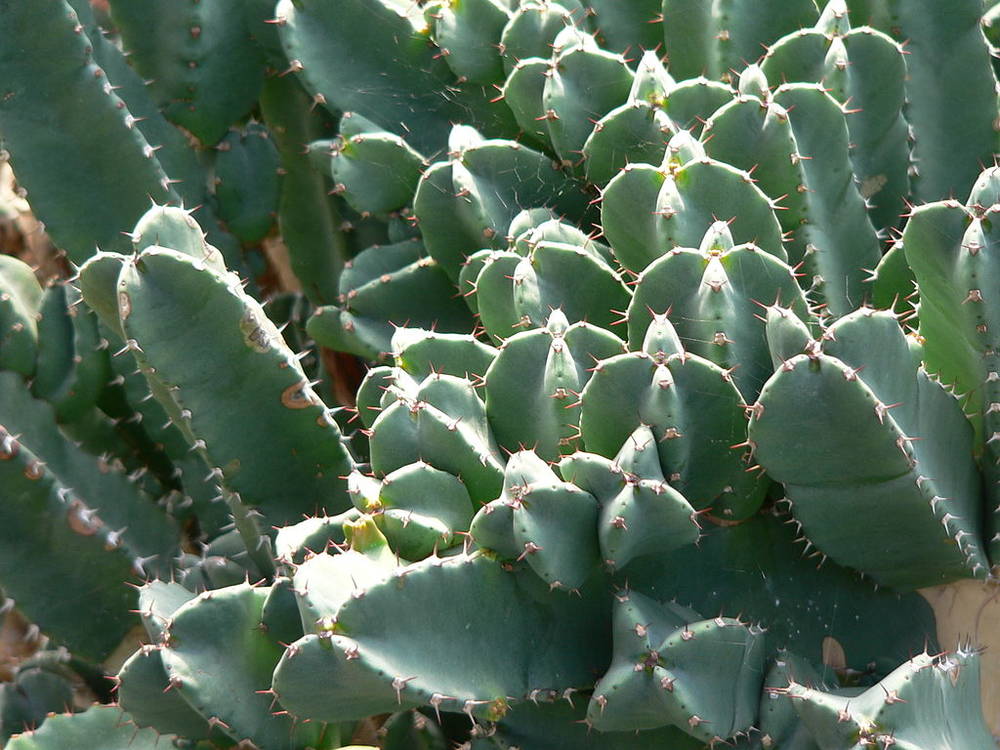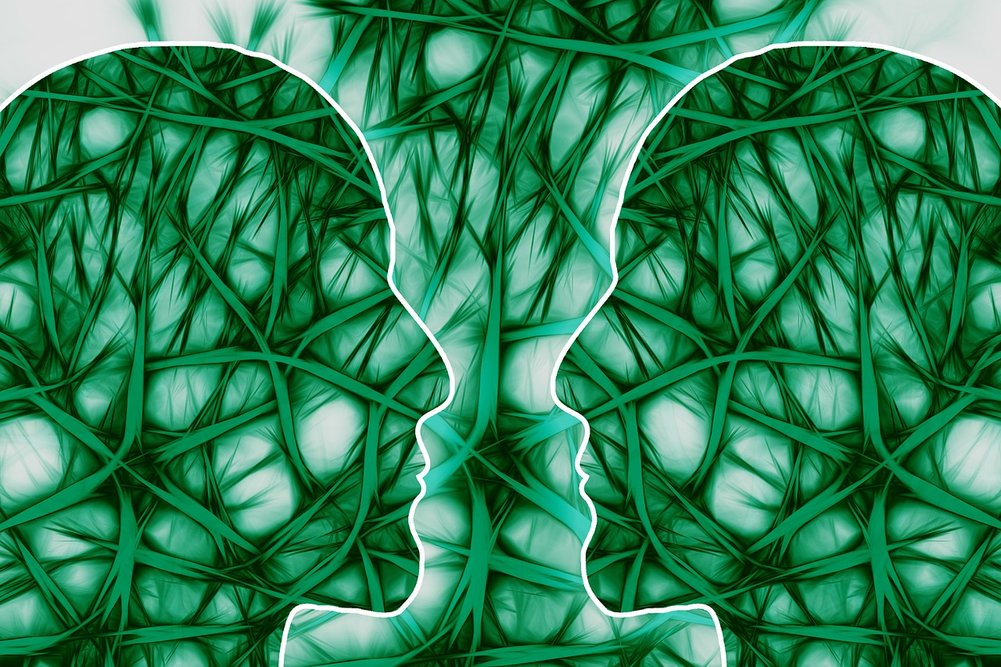European researchers demonstrated that a low dose of delta-9-tetrahydrocannabinol (THC), the main active substance of cannabis, profoundly reduced age-related cognitive impairment in mice. The drug increased behavioural performance and rejuvenated the elderly brain, closely resembling that of young, untreated animals.
Cannabis has long been, and still mostly is, associated with negative effects on the human psyche as a psychoactive drug, which includes laziness and reduced cognitive performance. However, regulated or moderate use of marijuana, or its active compounds, have recently been proven beneficial for a number of conditions spanning from brain restoration to cancer therapy.
A study published in Nature Medicine just this month has found yet another promising effect of cannabis, or more precisely that of its main psychoactive ingredient delta-9-tetrahydrocannabinol (THC). In the study, researchers from the University of Bonn, Germany discovered that a steady low dose of THC substantially boosted the cognitive performance of elderly mice. Treated animals aged 12 to 18 months showed a “very robust, very profound“ increase in the execution of a series of cognitive tests, while the drug seemed to have a reverse effect on 2-month old mice.
“This well-designed set of experiments shows that chronic THC pretreatment appears to restore a significant level of diminished cognitive performance in older mice while corroborating the opposite effect among young mice,” said Susan Weiss, director of the Division of Extramural Research at the National Institute on Drug Abuse.
You might be interested in: Surprising Facts About THC – What Is It and What Is It Used For?
In addition to increased cognitive performance, the elderly mice also showed clear signs of neuronal rejuvenation when THC was introduced. Their brains exhibited enhanced expression of synaptic marker proteins and a higher hippocampal spine density, closely resembling those in their young counterparts. The researchers proposed that the restoring effect of THC on CB1 receptor signalling, a driver of the endocannabinoid system that declines during ageing, was likely the cause of their findings.
”That is something we absolutely did not expect: the old animals [that received] THC looked most similar to the young, untreated control mice,” study head Andreas Zimmer reported, nevertheless reminding that “While it would be tempting to presume the relevance of these findings [extends] to ageing humans…further research will be critically needed.”
Learn more about the effects of cannabis and THC in the video below:
By Luka Zupančič, MSc, University of Applied Sciences Technikum Vienna.











